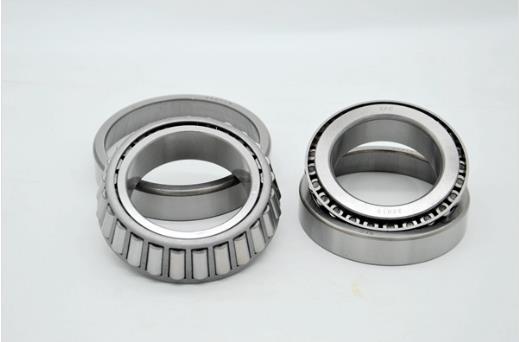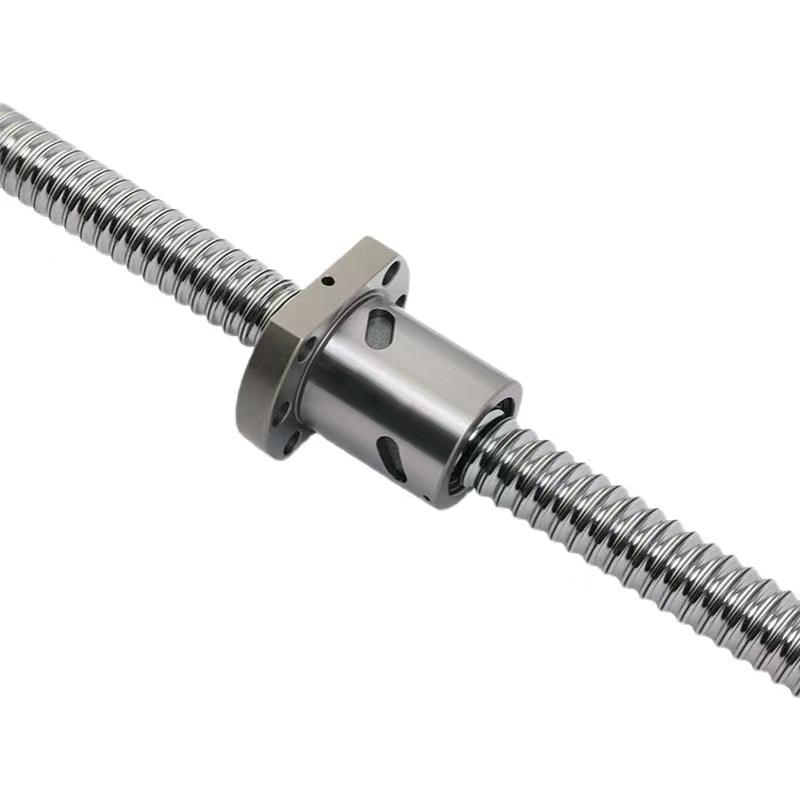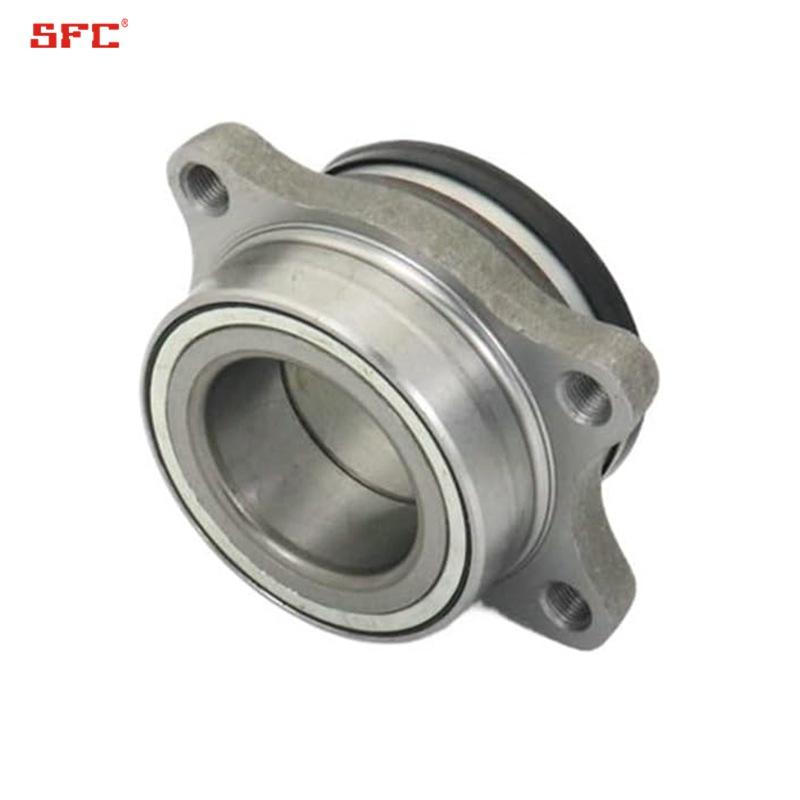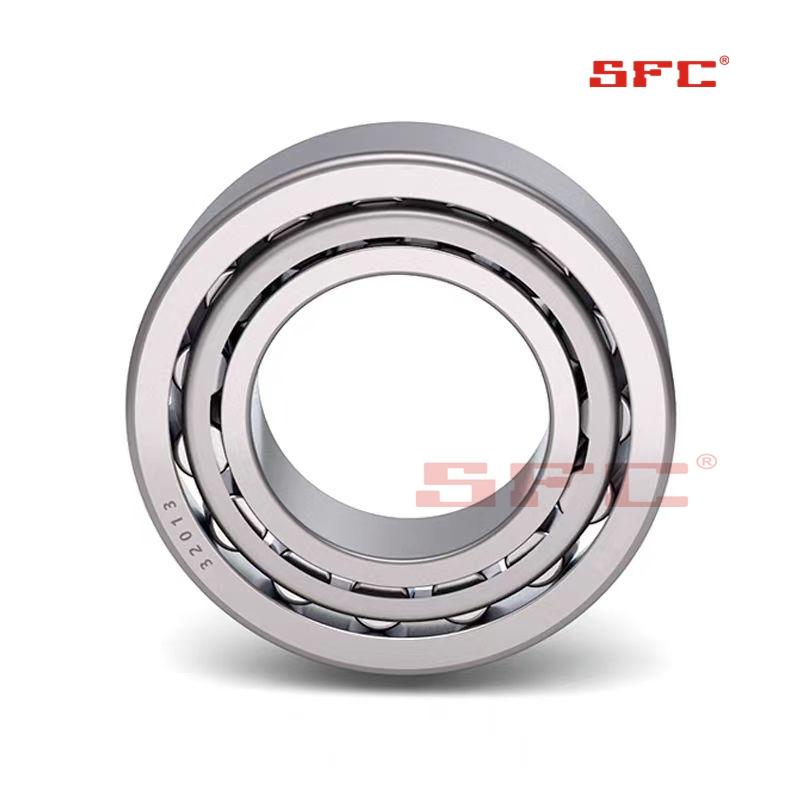The importance of bearings
Bearings are a very important part of machinery and equipment. They perform the key functions of supporting and transmitting loads, reducing friction and energy loss, and ensuring stable machine operation. The following are a few aspects of the importance of bearings:
1. Supporting and transmitting loads: A bearing transmits loads to other parts of the machine by withstanding forces from the machine's motion and external loads. It supports and distributes the load, ensuring that the machine remains stable when running at high speeds or under heavy loads.
2. Reduce friction and energy loss: Friction is formed between the rollers or balls inside the bearing and the inner and outer rings, but compared to direct contact with the metal surface, the bearing can reduce the coefficient of friction and reduce energy loss. This helps to improve the efficiency of the equipment and save energy. 3.
3. Ensure stable operation of the equipment: the correct choice of bearings and good lubrication can reduce the vibration and noise of the equipment, to ensure stable operation of the equipment. This is especially important for equipment requiring high precision, high speed or long operation, such as automobile engines, industrial machinery and wind turbines.
4. Extend the service life of the equipment: By reducing wear and friction, bearings can reduce equipment failure and damage, and extend the service life of the equipment. Regular inspection and maintenance of bearings and timely replacement of worn bearings can avoid equipment downtime and repair costs caused by bearing failure.
In short, bearings as an important part of mechanical equipment, its performance directly affects the stability, life and efficiency of the equipment. When selecting and using bearings, they need to be reasonably selected and maintained according to the working conditions, load and speed of the equipment to ensure the normal operation and long-term stability of the equipment.





